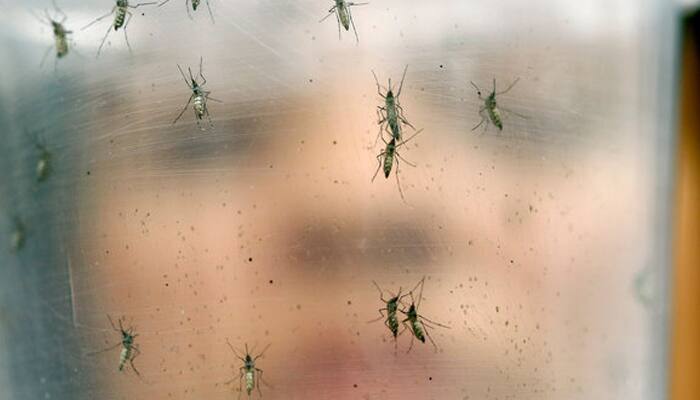Washington: The US has announced that it is transferring nearly USD 600 million which was leftover from the largely successful fight against Ebola to combat the growing menace of Zika virus.
Yesterday's move came after the Republican-controlled Congress has not moved on the request of US President Barack Obama to provide it with USD 1.9 billion for activities that scientists and experts say are critically important to combating Zika.
This includes funding for mosquito control, which is particularly important now that the weather is beginning to warm up.
The funding also included investments in disease detection and testing, vaccine development, and support for maternal women's health, the White House Press Secretary Josh Earnest told reporters at his daily news conference.
Obama had sent the request to Congress for Zika funding in January.
"Over this time, Congress has done nothing. Now, we know that we cannot continue to fund a robust response to this disease without adequate resources, particularly for our partners in state and local government who bear much of the burden of fighting Zika," he said.
So the Obama Administration has decided that it would reprogram about USD 600 million to bolster the ongoing Zika response.
"We've consistently said that an available option for the government was to re-purpose some existing Ebola funds that would not undermine our fight against that deadly disease," he said.
"But we also told Congress that just using some of the Ebola funds would be insufficient. And that should be an indication to you that today's actions to reprogram USD600 million is a temporary fix and not at all a long-term solution," he added.
Earnest said the Administration's concerns about Zika have only increased because of some new things that have been learned about the disease.
"We have learned that sexual transmission of the virus is actually more common than was initially believed. We also learned that the impact of the virus on fetal brain development is likely starker and more serious than first understood," he said.
"Third, in the US, the geographical range of the mosquito that carries this virus is significantly broader than our initial estimate.And as we learn more about all of these things, we continue to be concerned about the potential impact of this virus on the public health situation inside the country," he said.
















